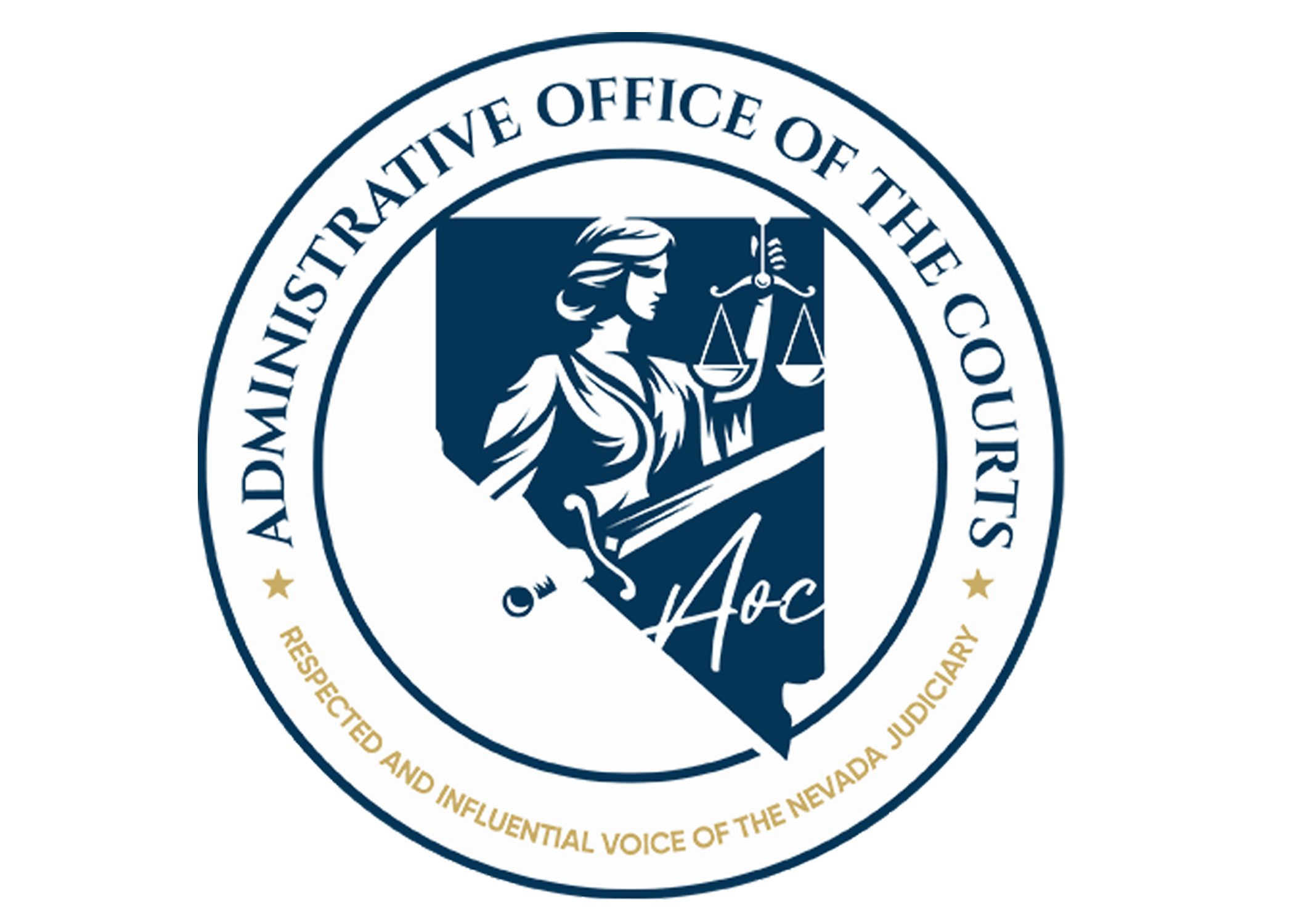Legal Information vs Legal Advice
Overview of Supreme Court of Nevada Rule 44
Nevada Supreme Court Rule 44 emphasizes the need for fairness, respect, and impartiality. The rule specifies what court staff and volunteers can and cannot do, including restrictions on interpreting laws, giving legal advice, or engaging in legal research.
Reference Sheet for Court Staff
A downloadable PDF "Rule 44 Reference Sheet" is available here, containing information on what court staff can and cannot help members of the public with.
Public-Facing Printable Guide to Legal Assistance
A downloadable PDF "Guide to Legal Assistance" is also available for print or digital use.
Legal Information vs Legal Advice Training
An online training "Legal Information vs Legal Advice" is available for Nevada court staff. The training will take approximately 30 minutes to complete and will help you understand the difference between providing legal information and giving legal advice.
How to Access the Training (Trial Court Staff):
To access the training, the participant will need an AOC DELP (Distance Education Learning Portal) account. If the participant does not have a DELP account, please email distanceeducationprogram@nvcourts.nv.gov to request an account.
How to Access the Training (Appellate Court Staff):
- Log into ADP and click on My Learning under the Myself tab
- Search for “Legal Information Versus Legal Advice for Nevada Appellate Court Staff”
- Click Enroll and then Start to begin the training
Supervisors can assign this training to team members in ADP:
- Log into ADP and click on My Team.
- Select Learning management.
- Click on Course Library.
- Search for Legal Information Versus Legal Advice for Nevada Appellate Court Staff.
- Click on Enroll People
What Court Staff Can and Cannot Help With
- Lawyers and Attorneys
- Can help:
- Explain that only a licensed attorney or lawyer can provide legal advice.
- Provide information about free or low-cost legal services, pro bono programs, legal aid services, self-representation, and lawyer referral services.
- Cannot help:
- Represent individuals in court.
- Recommend a legal representative.
- Can help:
- Court Processes, Procedures, and Practices
- Can help:
- Provide general information about court processes, procedures, and practices.
- Cannot help:
- Advise individuals on what court services to pursue.
- Can help:
- Court Rules
- Can help:
- Provide information about citations, constitutions, statutes, administrative or court rules, and case law.
- Cannot help:
- Express an opinion regarding the application of court rules.
- Can help:
- Court Forms
- Can help:
- Provide information about available forms and pleadings.
- Check forms for completeness.
- Cannot help:
- Create and maintain forms for individuals.
- Can help:
- Legal Resources
- Can help:
- Provide information about mediation, parenting courses, courses for children of divorcing parents, and community resources.
- Cannot help:
- Seek out legal resources on anyone’s behalf.
- Can help:
- Legal Research
- Can help:
- Provide information on docketed cases.
- Help individuals obtain publicly available records from courts.
- Cannot help:
- Tell individuals what to say in court.
- Investigate the facts of an individual’s case or provide information that must be kept confidential.
- Can help:
- Legal Terms
- Can help:
- Provide definitions of legal terminology.
- Cannot help:
- Provide any interpretation of legal terminology.
- Can help:

